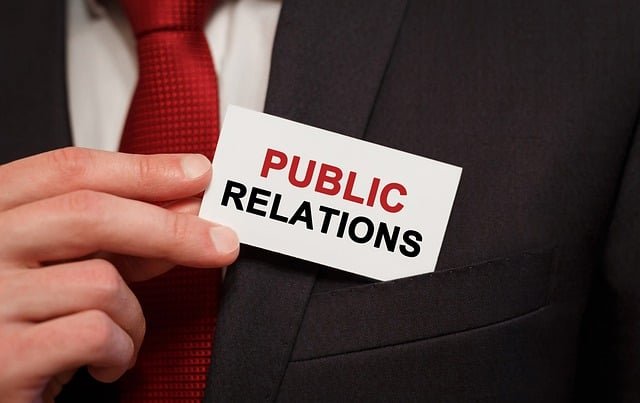Public relations (PR) professionals play a vital role in shaping the opinion of the public, managing to be the bridge between the brand/organisation and their audience. In the ever-changing world of public relations ethical consideration is important and it plays the role of a guide to PR professionals for maintaining its fairness, transparency and credibility. Here we will explain the ethical considerations for PR professionals and how to handle the ethical issue effectively.
let’s learn more about ethical consideration and its importance.
Trust and Relaibility
Ethical conduct is the cornerstone of creating trust and transparency in public relations. When PR professionals align with ethical standards, they maintain transparency with their stakeholders, clients, and the public. trust and credibility the foundation of every public campaign and foster long-term relationships with the stakeholders.
Reputation Management:
Ethical consideration is essential to protect and enhance the reputation of the organisation/brand and the PR professionals. They protect their reputation as well as the clients, by following ethical standards with honesty and integrity.
Stakeholder Relations:
Ethical PR practices are important to all stakeholders, including employees, customers, shareholders and communities. Public relations professionals can establish relationships based on mutual respect, understanding and dialogue, taking into account the various needs and opinions of stakeholders.
How to Navigate the ethical issue in the workplace
Transparency and Disclosure:
Transparency is vital to maintaining the integrity of PR. Social professionals should strive to provide accurate and truthful information to the public and disclose any conflicts of interest or bias that may affect their work. Transparency builds trust and increases stakeholder confidence.
Privacy and confidentiality:
Public relations professionals must respect the privacy and confidentiality of the individuals and organizations which they represent. This includes protecting sensitive information, obtaining consent before sharing personal information, and avoiding disclosing confidential information. Respect for confidentiality demonstrates ethical behaviour and protects all parties involved.
Information Integrity:
PR professionals will ensure that their information is fair, accurate and consistent with their clients’ values and principles. Avoiding fraud or deception is crucial to maintaining integrity and trust in public relations. Authentic communication builds trust with your target audience.
Social responsibility:
PR professionals have a responsibility to consider the social impact of their communication strategies. This includes promoting diversity, equality and inclusion, advocating for ethical business practices and socially responsible solutions. By incorporating social responsibility into their public relations work, professionals can contribute to positive social change by adhering to ethical standards.
Conclusion:
Ethical decision-making is the foundation of public relations practice, managing professionals with stakeholders, communication strategies and decision-making processes. By emphasizing honesty, transparency, and social responsibility, PR professionals can build trust, increase reputation, and create a positive impact in the communities in which they work. As guardians of an organization’s reputation and public trust, honest public relations professionals play an important role in establishing integrity and social responsibility.

